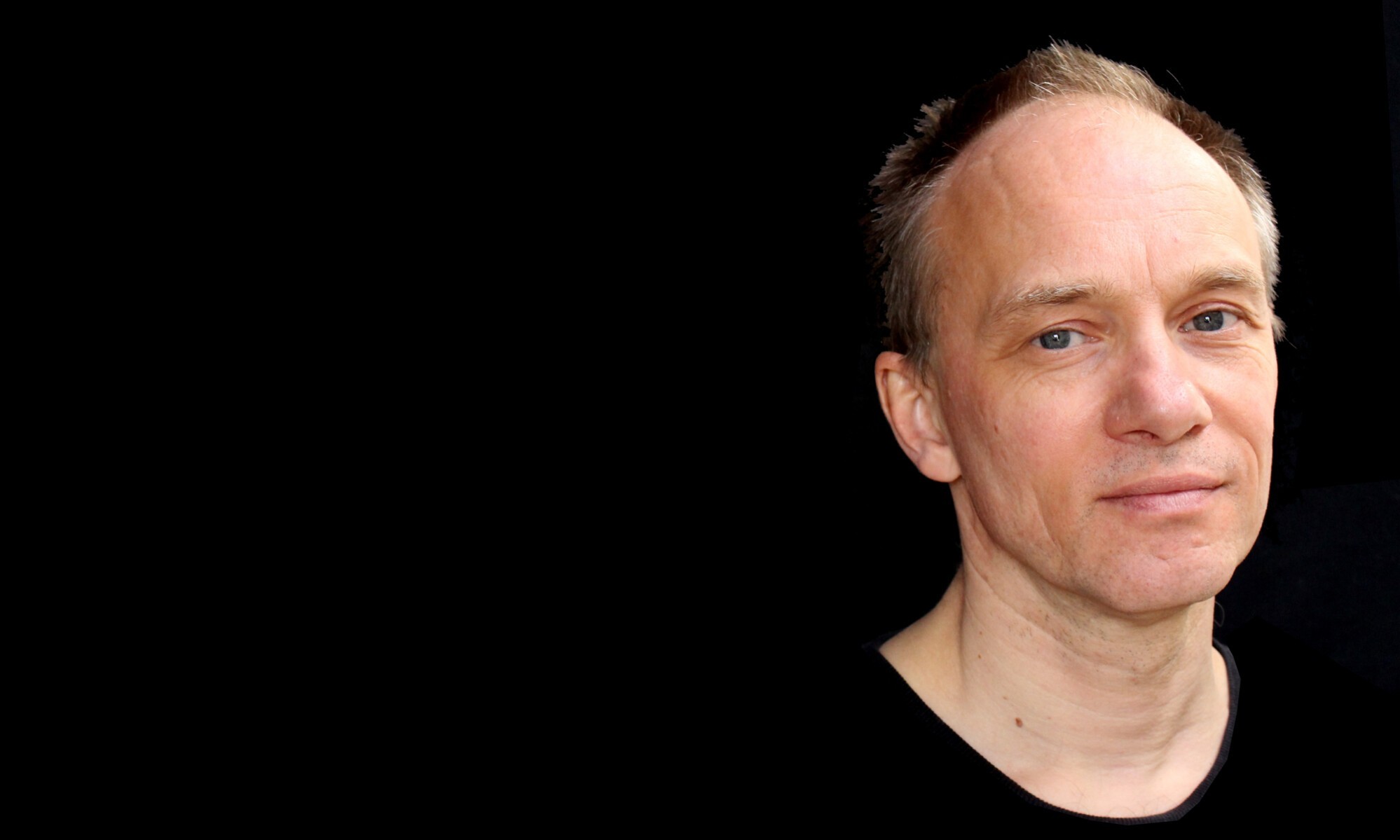Dutch flutist Raymond Honing moves just as easily in the world of contemporary music as in that of historical performance practice. After specializing in modern music, he decided to study traverso in order to rediscover first the Baroque and then the Romantic period with authentic instruments in hand. Although the use of historical instruments is certainly not sacred to Raymond. Raymond derives his motto from Frans Vester, one of the pioneers of the authentic movement: “rather an original mind than an original instrument”.
Many composers have dedicated works to Raymond. For example, he was soloist in the world premiere of the flute concertos by Robin de Raaff and Uzong Choe, but he also worked with Pablo Ziegler, Piazzolla’s regular pianist.
In recent years, Raymond has increasingly explored boundary-crossing art forms. In 2018, he wrote and performed his first musical theater show ZWEER. In 2022, his second performance DOOF is planned.
Raymond is a teacher at the Conservatorium van Amsterdam.
Lessons and Coaching
Raymond Honing on his choices in music.
Raymond is actually constantly coming full circle. How does baroque music relate to contemporary music? What influence does the use of historical instruments have on performance and what does that mean over the centuries? How do the various artistic disciplines relate to each other? And perhaps the most essential question: what relationship do I have with my instrument?
That circle is also the starting point in the lessons. What does your instrument mean to you? How can that flute become meaningful to you? To stay in the metaphor of the circle: how does your instrument come back to you?
Age and level are not the most important criteria. Raymond is just as happy to teach conservatory students as beginners. And just as happy to give lessons on modern flute as on traverso. Curiosity and dedication, on the other hand, are important prerequisites.
Regardless of the choice of repertoire, topics such as tone production, articulation and meaningful playing will often come up. Music as a language.
Collaborations
With his own baroque ensemble, La Barca Leyden, Raymond made an impression with unconducted performances of masterpieces such as Bach’s Matthew and John Passions and Mass in A. But he also conducted research into microtonality in the early baroque. The CD Music at the court of Julich was awarded the Gold Label in Belgium.
He forms a duo with the Swiss harpsichordist and fortepianist Ursula Dütschler, with whom he has immersed himself for years in the world of Beethoven. This resulted in a CD of Beethoven’s sonatas that was widely praised by the press.
With his Trio Bardac he immerses himself in the world of the Fin de siècle and as first flutist of Sinfonia Rotterdam he explores the orchestral repertoire.
What to expect
Focus of Raymond´s coaching
What does your instrument mean to you.
Styles
Any style of classical music. Historical and contemporary music.
Levels
Beginner to Master
Age
all
Languages
Dutch, English, German

